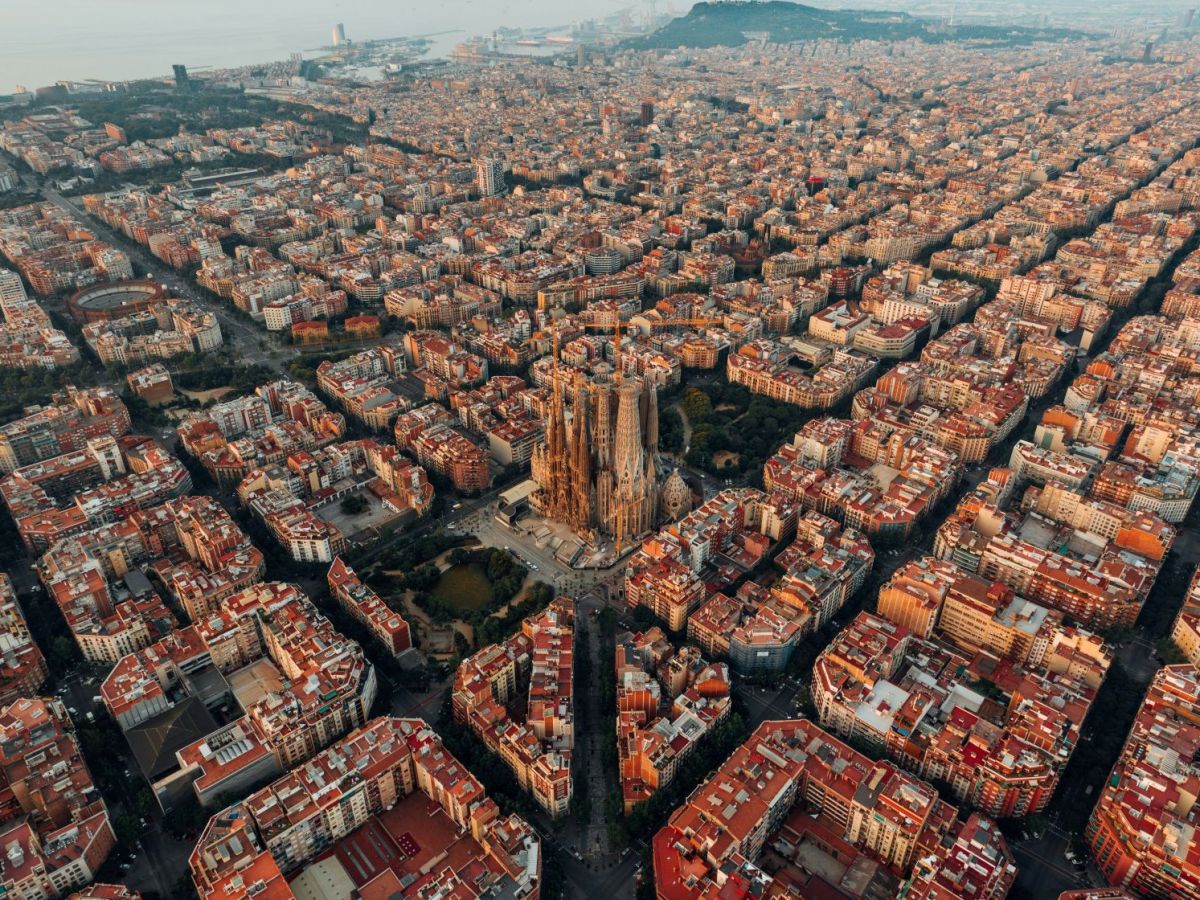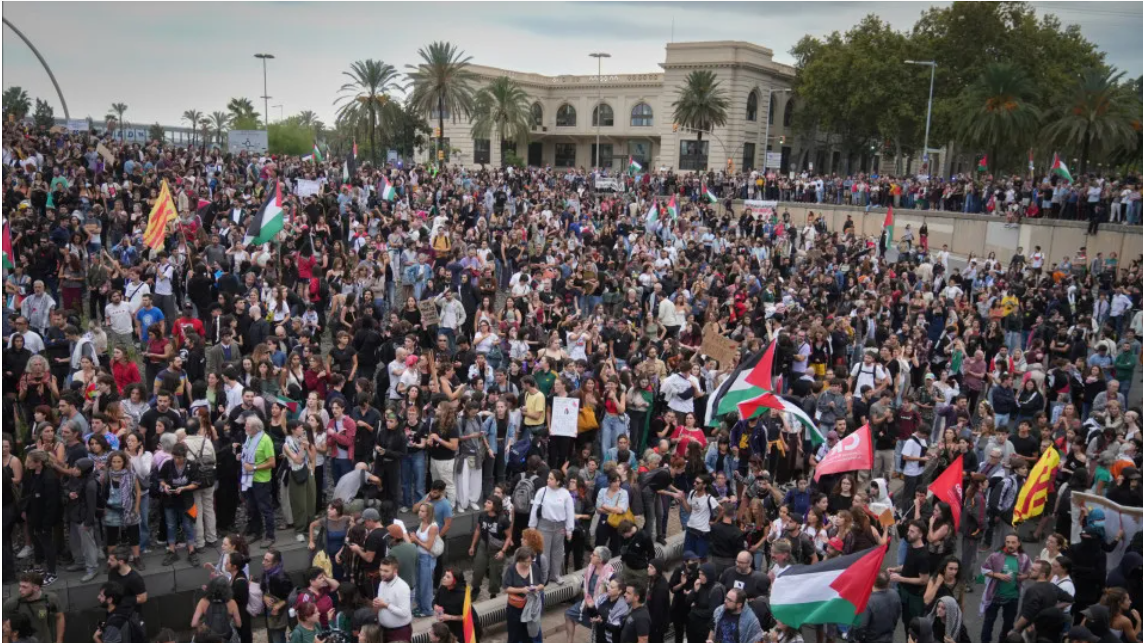MONDIACULT 2025 is UNESCO's World Conference on Cultural Policies and Sustainable Development and is being held for the third time this year, following editions in Mexico in 1982 and 2022, under the motto "unleashing the power of culture to achieve sustainable development".
The conference, which will be inaugurated by the director-general of UNESCO (the United Nations agency for education and culture), Audrey Azoulay, and the Prime Minister of Spain, Pedro Sánchez, is expected to bring together ministers of culture from all over the world in Barcelona, as well as "thousands of participants from civil society, the cultural sector, non-governmental organisations and international bodies", according to information released by MONDIACULT 2025.
It will be "a decisive moment to reaffirm and maximise the role of culture as a driving force for sustainable development and crisis response," UNESCO said in a statement on the meeting.
In the agreements signed at the previous edition, in 2022, and in the declaration that came out of that meeting, 150 ministers from around the world declared culture a "global public good", asked UNESCO to hold MONDIACULT every four years, starting in 2025, and to promote the inclusion of culture in the UN's Sustainable Development Goals (SDGs), with a specific objective, starting in 2030.
The meeting in Barcelona, at which Portugal will be represented by the Minister for Culture, Youth and Sport, Margarida Balseiro Lopes, kicks off precisely with the presentation on Monday of the first "UNESCO Global Report on Cultural Policies - Culture: The missing SDG".
The report "provides the first overview of cultural policies and establishes a fundamental reference point" for measuring "the progress made in the future and reaffirming the status of culture as a means and an end", UNESCO said in the same press release.
The conference centres on the "six priority areas" defined by MONDIACULT (cultural rights; culture and digital transformation; culture and education; the economy of culture; culture and climate action; culture, heritage and crises), to which "two cross-cutting areas of growing global relevance have been added for this edition: culture and artificial intelligence, and culture and peace".
In addition to the ministerial plenary and other intergovernmental meetings, the conference programme includes thematic sessions and more than 70 parallel events.
"Cultural rights must be guaranteed for all and defended by all," said the UN agency, which said it expected representatives from all 193 member states of the agency to be in Barcelona.
At the end of the work, a final document will be approved, according to UNESCO.
It will not be "just about sharing ideas, but about preparing what's next, the future agenda", said UNESCO's Assistant Director-General for Culture, Ernesto Ottone, at a presentation of the conference earlier this month.










